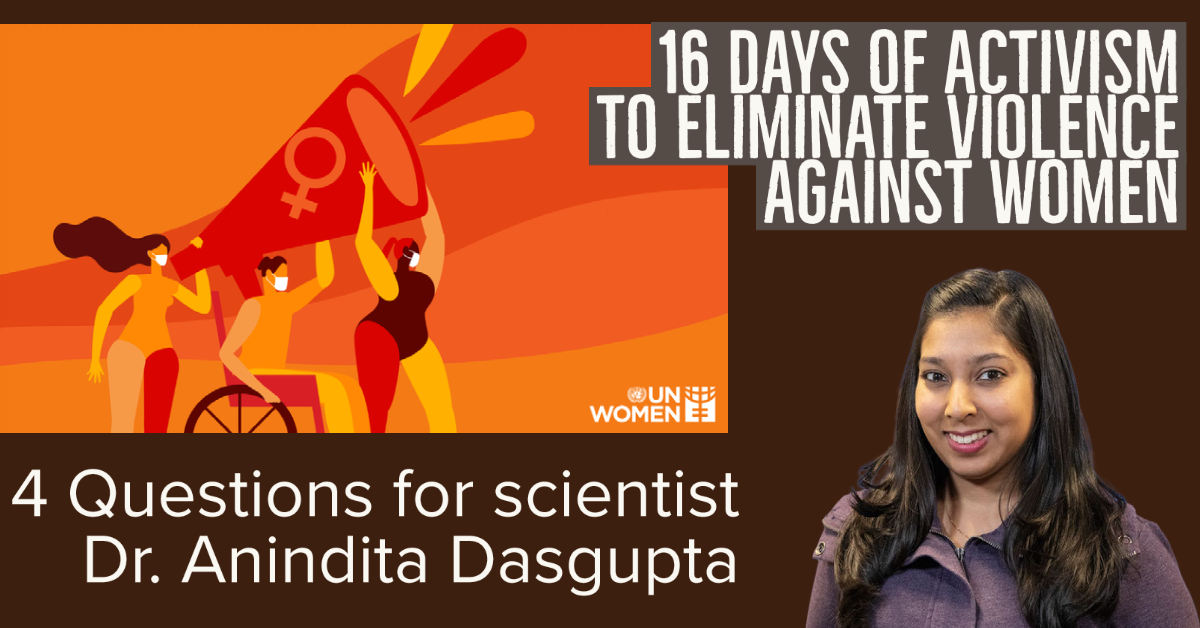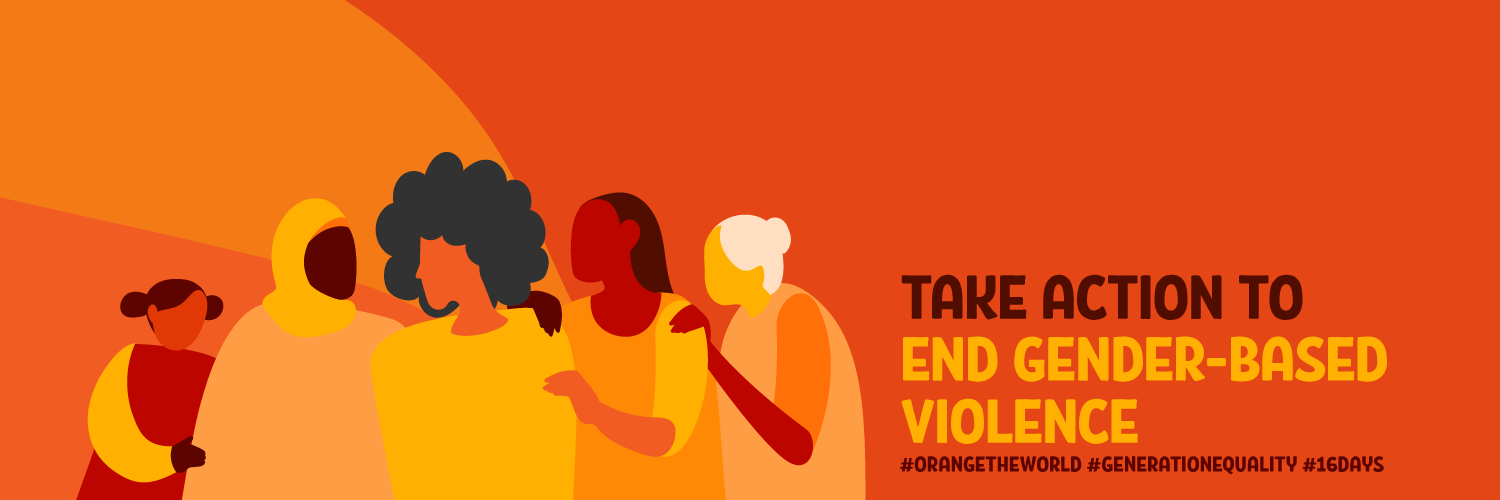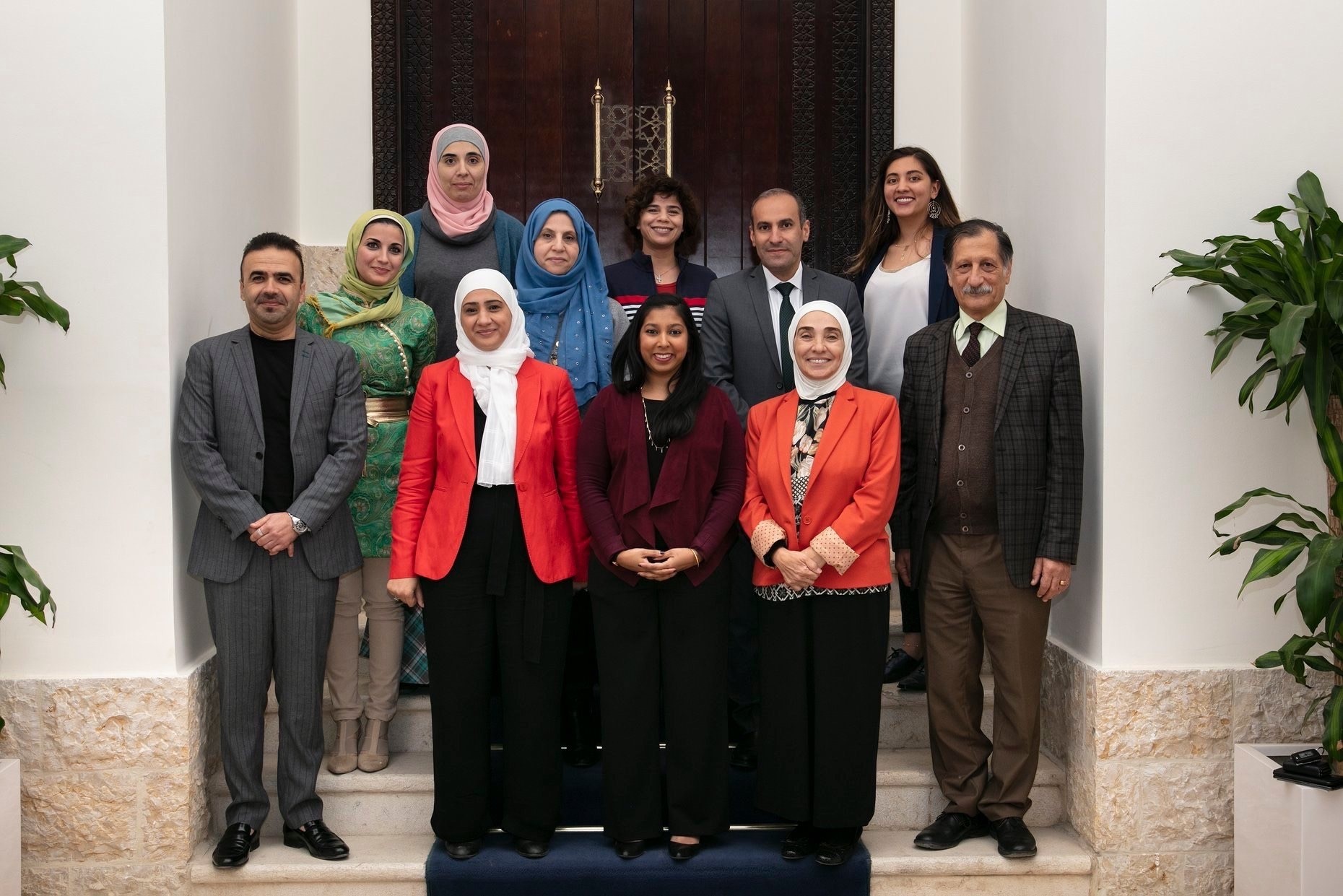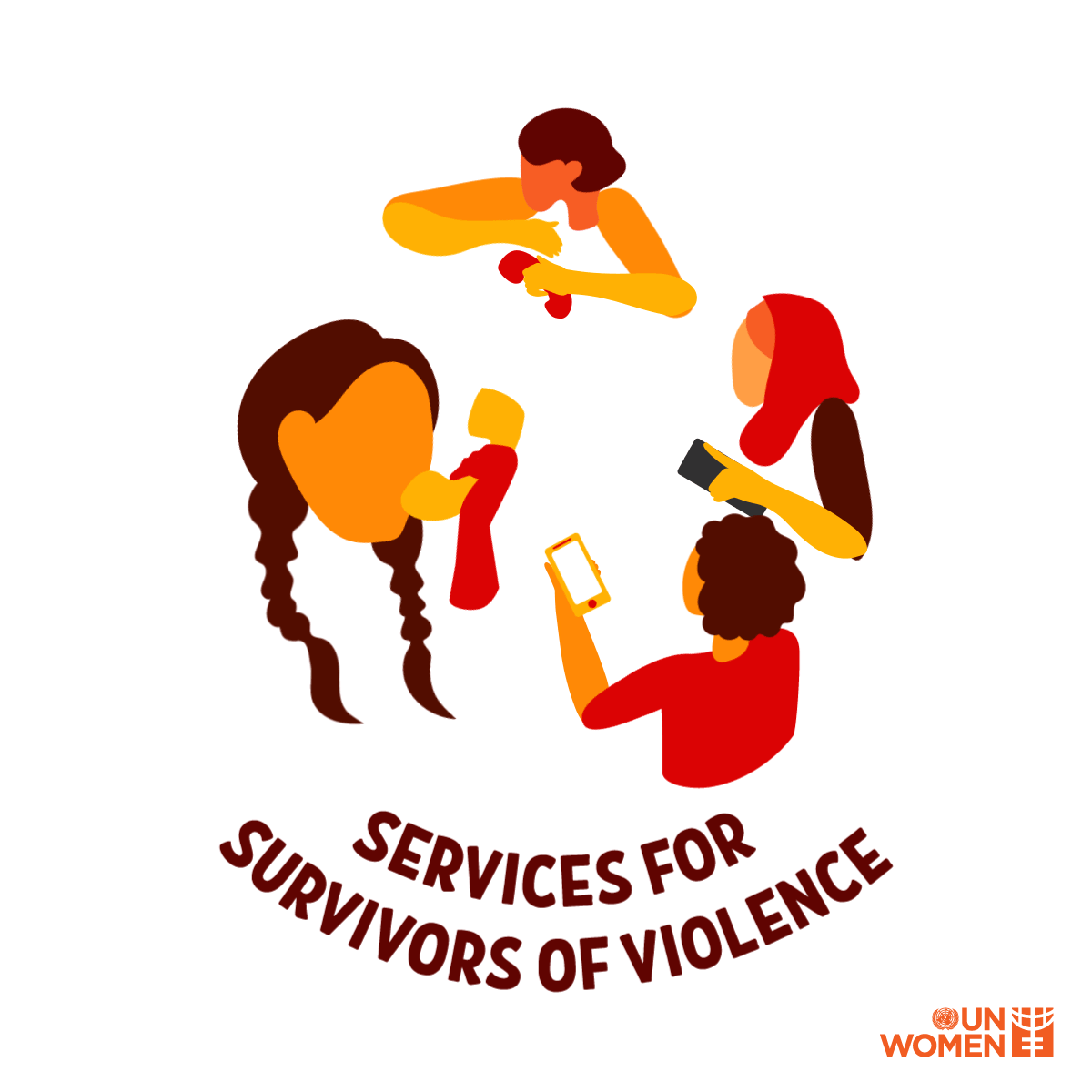In solidarity with The International Day for the Elimination of Violence Against Women 16 days of activism campaign, we interviewed Dr. Anindita Dasgupta, an expert in gender-based violence and reproductive health, about her extensive global work in the field and outlook for the future.
One of the most pressing human rights violations globally is violence against women and girls.
The International Day for the Elimination of Violence Against Women launched 16 days of activism through December 10th 2020 -- International Human Rights Day -- to address how these acts of violence often go unreported due to the “impunity, silence, stigma and shame surrounding it.”
In solidarity with this campaign, we interviewed one Social Intervention Group (SIG) research scientist and expert in gender-based violence and reproductive health, and asked her about her extensive global work in the field, and outlook for the future.
We also share resources for women subjected to violence.
Meet Dr. Anindita Dasgupta
Dr. Anindita Dasgupta is an Associate Research Scientist at Columbia School of Social Work in the Social Intervention Group as well as Co-Investigator for ASPIRE. Dr. Dasgupta’s research examines how gendered inequities of health such as gender-based violence intersects with sexual and reproductive health among vulnerable populations of girls and women, globally.
Prior to joining SIG, Dr. Dasgupta conducted extensive research to understand how gender based violence relates to women’s reproductive health among married women in Maharashtra, India.
Currently, Dr. Dasgupta leads numerous projects focused on gendered inequities of health in Central Asia, India, the Middle East, and the United States, including most recently a study examining the gendered health and mental health concerns of Syrian refugee women in Jordan through a project called Women ASPIRE.
Violence against women also involves controlling her reproductive autonomy, health, and access to quality care.
Questions for Dr. Dasgupta
1. What are the general public and/or policies missing when it comes to violence against women?
As a society we have come a long way in acknowledging that violence against women in itself exists over the last 30 years as a major public health problem. Non-profit agencies, often led by survivors and dedicated advocates, have done an incredible job of providing services to survivors. Researchers have developed numerous evidence-based and efficacious interventions (such as WINGS) to reduce violence against women and implemented them globally. Legislation in the United States (the Violence Against Women Act) helps survivors of violence receive necessary protection from their abusers.
However, many of the existing strategies -- whether designed for the individual or at the population level -- often fail to address the root cause of violence against women: Unequal value and treatment of women on a societal level. In this field, we often talk about how violence against women is the ultimate manifestation of power and control over women’s bodies. Movements like “Me Too” have brought attention to this, but on a fundamental level, if we do not work on population-level efforts to change social norms about how we value women in society as equal members to men, we will not be able to truly eliminate violence against women.
There are complexities involved in the way forward. In addition to addressing the root cause, we need to address the needs of populations of women with multiple identities, such as trans women. So much progress has been made, but we still have a ways to go to truly reverse the course of the epidemic of violence against women globally.
2. How does reproductive health and justice relate to women experiencing abuse?
Ensuring that women’s reproductive justice needs are met is intrinsically linked to efforts to reduce violence against women. Abuse is not just sexual violence. Violence against women also involves controlling her reproductive autonomy, health, and access to quality care.
As many have acknowledged: Violence against women is about power. Attacks on the sexual and reproductive health and rights of women are another example of efforts to control women’s bodies. This violence has persisted for centuries, and most egregiously in efforts to control the bodies of Black women. The reproductive justice movement (Ross, and Solinger, 2017) identifies the need to address not only the fundamental unequal treatment of women relative to men, but of Black women in particular, whose bodies have been violently oppressed through systemic racism and misogyny for over a century.
These attacks not only happen on a micro level between individuals trying to usurp reproductive autonomy from women, but on a macro level through political action restricting access to necessary reproductive healthcare such as abortion, birth control, and quality prenatal care.
Reproductive Health Behind Bars
3. What have you learned from your more recent research on reproductive health and intimate partner violence?
I have had the privilege of working on a number of projects while at SIG over the last five years related to intimate partner violence and reproductive health. Looking at data from WORTH and EWORTH, I have examined the reproductive health needs of women at heightened risk for HIV and who are engaged in community corrections programs in New York City. Very little research has been done to understand the reproductive health needs of this population.
We found alarmingly high rates of both miscarriage and abortion in these samples, with strong associations between a history of intimate partner violence with both miscarriage and abortion. We also noted low rates of reproductive health service utilization, which highlights an important opportunity for interventions or ways to bring women into care.
There are numerous existing interventions designed to situate intimate partner violence intervention programming within women-centered health spaces such as obstetrics and gynecology, an excellent opportunity to address the health of women with heightened HIV risks.
Publication on E-Worth protocol
In so many collective cultures, women share emotional, domestic and professional work in an effort to lessen the collective load. This can be a powerful tool in building emotional support for survivors of violence.
4. Are there any stories that struck you in your research on violence against women? What have you observed in your years of study?
I have had the incredible privilege of working with and learning from survivors of violence from many different settings. Some of my first experiences were working with women at needle exchange programs in New York and Massachusetts. I also worked with married women in India who experienced HIV risk due to their husbands’ risky behaviors. Most recently I worked with Syrian refugee women in Jordan who are often deeply isolated from service delivery and informal networks due to their displacement.
Fostering Mental Health Solutions for Syrian Refugee Women
The most consistent lesson I’ve learned is the immense resilience and strength of survivors not only individually, but as part of intricate communities. Early on, I remember seeing looks of deep sadness and despair on the faces of many of the survivors I would engage with. However, as difficult as these situations are, I am constantly in awe of how networks of women come together to support each other to survive.
We often talk about how women know best how to keep themselves safe, and a bit part of that has been through leaning on other women to help guide them to protect themselves. In so many collective cultures, women share emotional, domestic and professional work in an effort to lessen the collective load. This can be a powerful tool in building emotional support for survivors of violence.
Thank you, Dr. Dasgupta!
Domestic and global resources for women experiencing violence
Many of us may wonder, what are ways we can all help reduce violence against women, domestically and globally? The United Nations shares ten ways: Take action: 10 ways you can help end violence against women, even during a pandemic
Are you or someone you know experiencing violence? Local and global hotlines and resources can be found here on the United Nations site.
-
Follow SIG's work by signing up for our monthly newsletter or following us on Twitter.
-
Learn more about Women ASPIRE.





